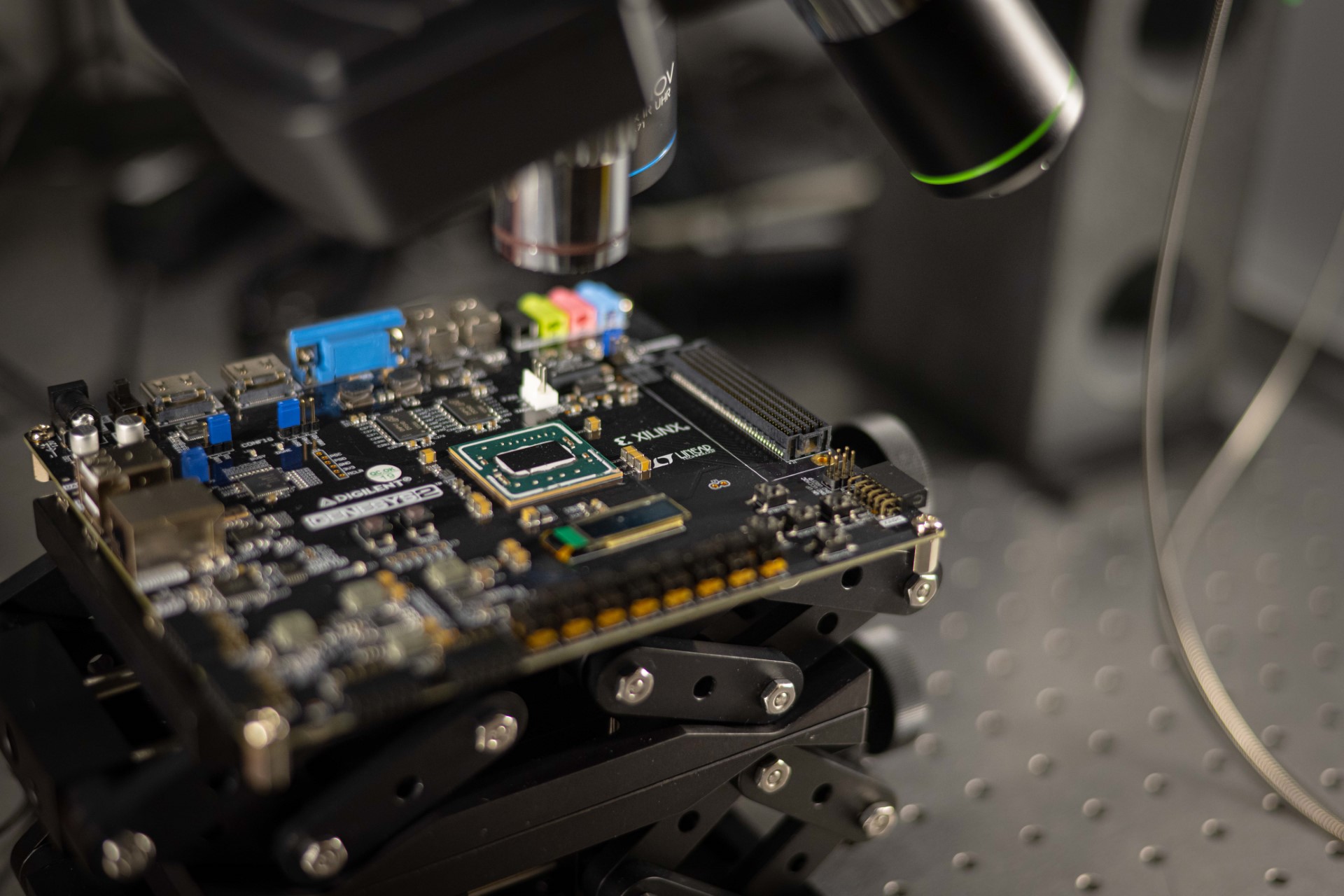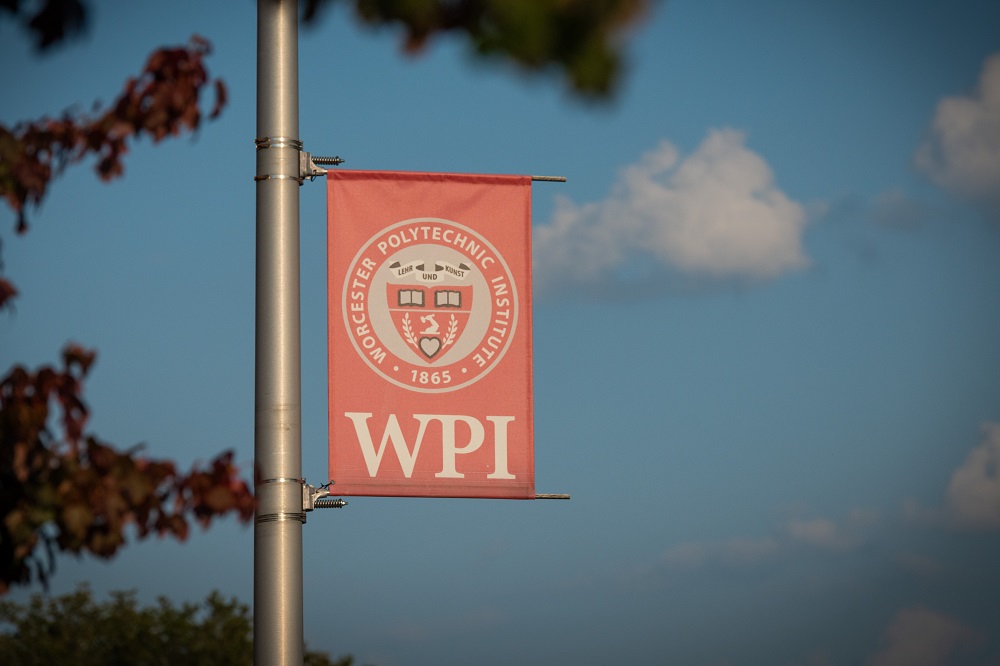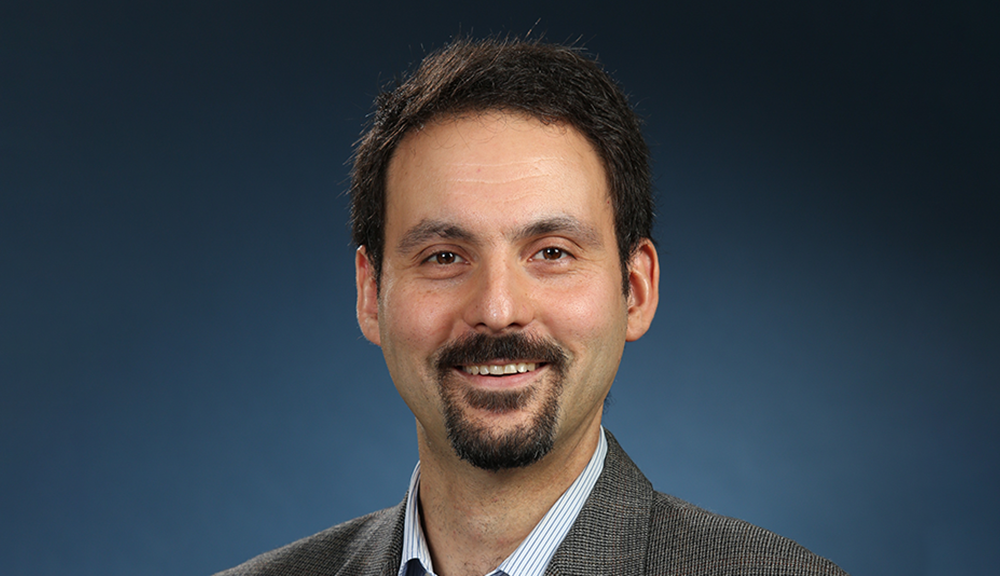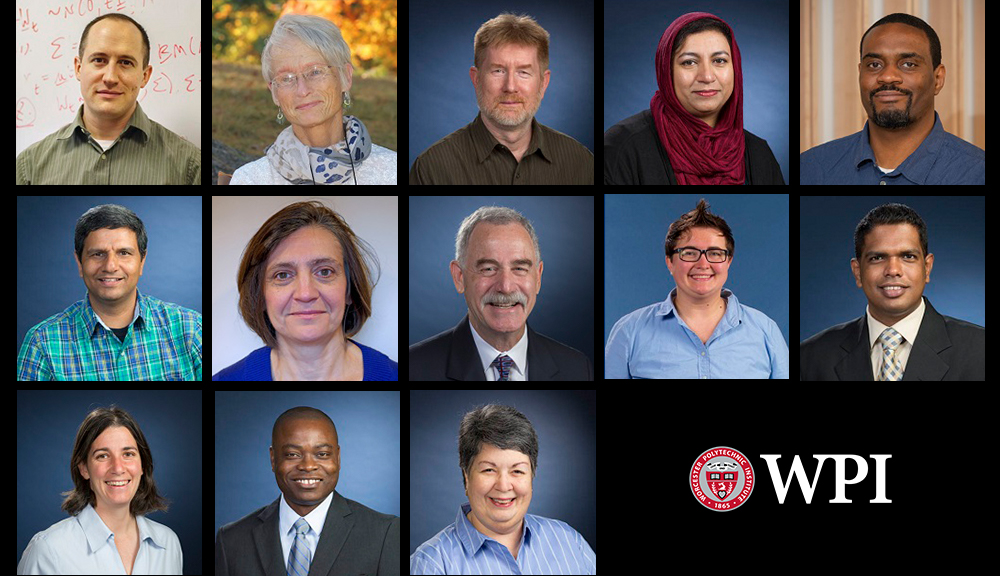WORCESTER, Mass. – June 18, 2009 -- John A. Orr, provost and senior vice president at Worcester Polytechnic Institute (WPI), and David DiBiasio, head of WPI’s Chemical Engineering Department, were elected fellows of the American Society for Engineering Education (ASEE) during the organization’s annual meeting in Austin, Texas, on June 17.
The grade of fellow is conferred upon ASEE members with extraordinary qualifications and experience in engineering or engineering technology education in recognition of outstanding contributions to the field and to ASEE. The honor is conferred on no more than one-tenth of one percent of ASEE members each year.
Orr was recognized for his sustained leadership in engineering education, including development of project-based and global programs at WPI and contributions to outcomes-based accreditation activities. DiBiasio was honored for leadership in curriculum development (including the development of a project-oriented spiral curriculum in chemical engineering), assessment of innovative teaching strategies (including the impact of global experience on student attitudes), and service to the chemical engineering profession.
"John and David are richly deserving of this high honor. I am pleased that the American Society for Engineering Education (ASEE) has recognized their efforts to foster excellence in engineering education at WPI and around the globe,” said Dennis D. Berkey, WPI’s president and CEO.
John Orr, who has been a member WPI’s electrical and computer engineering faculty since 1977, was named provost in April 2008. He had previously served as provost ad interim and, before that, as dean of undergraduate studies. He was head of WPI’s Electrical and Computer Engineering Department for 15 years beginning in 1988. Prior to joining WPI, Orr obtained professional experience at Bell Laboratories. He holds BS and PhD degrees in electrical engineering from the University of Illinois at Urbana-Champaign and earned an MS degree in electrical engineering at Stanford University.
The co-author of a textbook on information engineering, Orr has been involved in curriculum development at both the undergraduate and graduate levels and has worked on assessment and accreditation activities. His research interests span several aspects of digital signal processing; his most recent work has focused on the area of precision personnel location systems.
He is a fellow of the Institute of Electrical and Electronics Engineers (IEEE), an honor awarded for his contributions to engineering education, and a member of Eta Kappa Nu. He is a member of the Engineering Accreditation Commission of ABET, past chair of the IEEE Committee on Engineering Accreditation Activities, past member of the Educational Activities Board of the IEEE, and past president of the Electrical and Computer Engineering Department Heads Association.
David DiBiasio joined the WPI faculty in 1980 as the Leonard P. Kinnicutt Assistant Professor of Chemical Engineering after earning BS, MS, and PhD degrees in chemical engineering from Purdue University. He has been head of the Chemical Engineering Department since 2006. He also served as director of WPI’s Washington, D.C., Project Center, the oldest center in the university’s global project program, and has served as assessment coordinator for WPI’s Interdisciplinary and Global Studies Division.
DiBiasio’s research focuses on education, including engineering education, international education, teaching and learning, and assessment. In 2001, he and fellow chemical engineering professors William Clark and Anthony Dixon received the William H. Corcoran Award for best paper published in the journal Chemical Engineering Education in 2000. The paper described a project-based spiral chemical engineering curriculum they had developed.
"The Habit of Learning," a paper DiBiasio wrote with Scott Jiusto, assistant professor of interdisciplinary and global studies at WPI, received wide exposure in 2007, first appearing in ASEE Prism (the magazine of the ASEE) and then in two ASEE e-newsletters. The article was based on their paper on the effectiveness of the WPI global projects program in the Journal of Engineering Education.
DiBiasio, who has served as the chair of the Chemical Engineering Division of ASEE, is an evaluator for ABET and serves on the Education and Accreditation Committee of the American Institute of Chemical Engineers.
About the American Society for Engineering Education
Founded in 1893, the ASEE is a nonprofit organization committed to furthering education in engineering and engineering technology. It accomplishes this mission by promoting excellence in instruction, research, public service, and practice; exercising worldwide leadership; fostering the technological education of society; and providing quality products and services to its more than 12,000 members, who include deans, department heads, faculty members, students, and government and industry representatives who hail from all disciplines of engineering and engineering technology.




